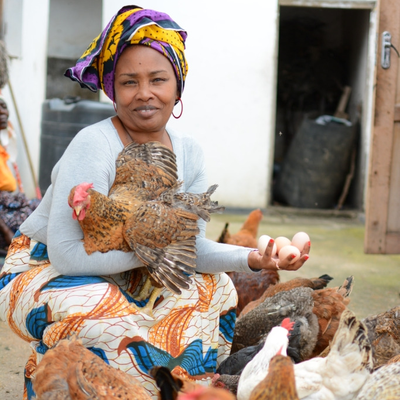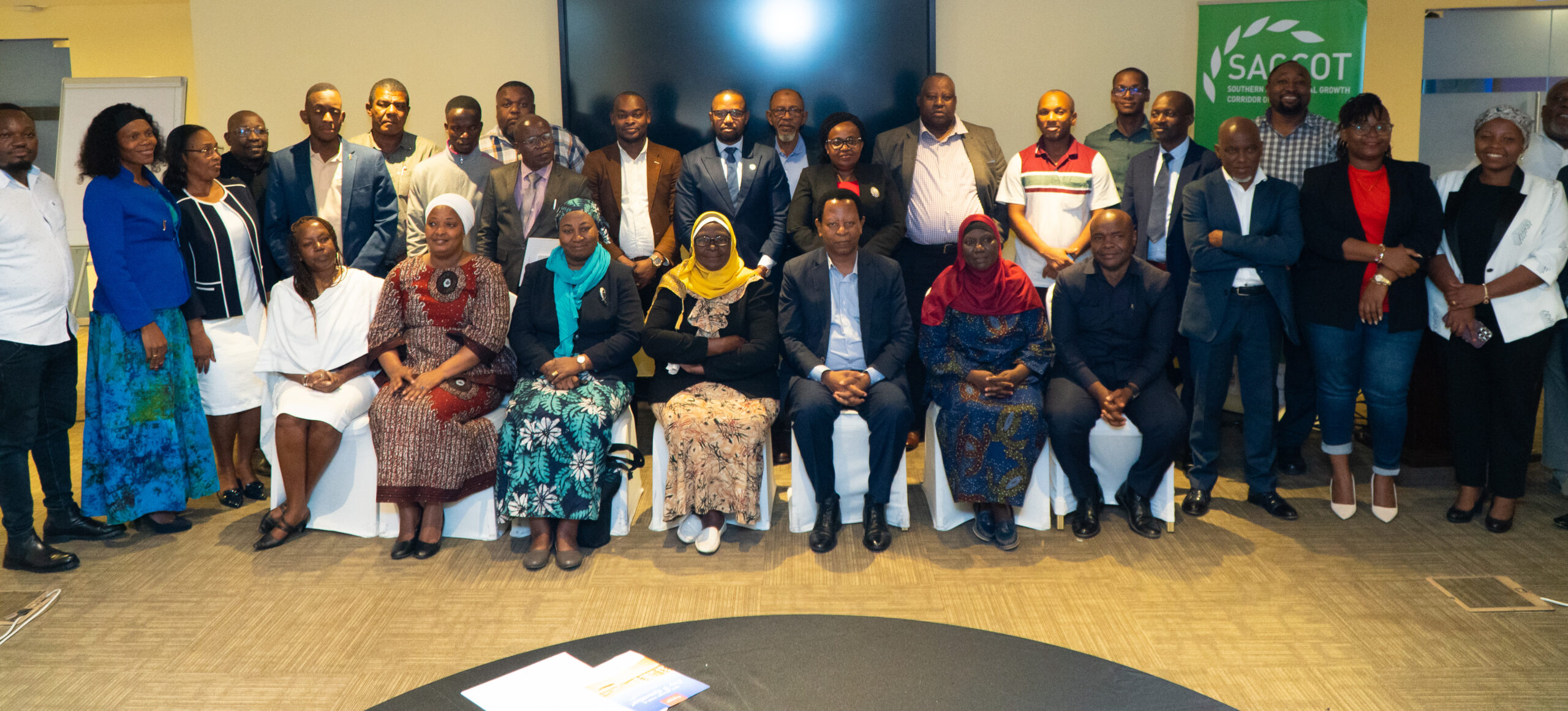Implications for African Agriculture in Light of Global Risks 2024
The World Economic Forum’s Global Risks Report 2024, which highlights the growing risks of disinformation, environmental threats, and geopolitical shifts, has significant implications for African agriculture. As a vital sector for many African economies, it’s crucial to consider how these global risks might affect agriculture in the continent.
1. Disinformation Threat: The rise of misinformation and disinformation can impact agricultural practices and decision-making. False information about farming techniques, climate conditions, or market trends can mislead farmers and hinder productivity. African agricultural communities must prioritize accurate information dissemination and digital literacy campaigns to counter this threat.
2. Environmental Risks: Africa is particularly vulnerable to extreme weather events and environmental degradation. With two-thirds of global experts concerned about extreme weather in 2024, African agriculture faces increased risks of droughts, floods, and crop failures. Investment in climate-resilient agriculture, sustainable practices, and adaptation strategies is essential to mitigate these risks.
3. Geopolitical Shifts: The report highlights shifting global power dynamics and potential geopolitical tensions. African agriculture relies on international trade, and disruptions in global politics can impact exports and imports. Diversifying markets and strengthening regional trade agreements can help buffer African agriculture from geopolitical uncertainties.
4. Economic Uncertainty: Persistent economic uncertainty may affect investment in African agriculture, particularly in conflict-prone or climate-vulnerable regions. To counter this, African governments should promote policies that attract investment, improve infrastructure, and support smallholder farmers to ensure food security.
5. Technology Divide: The growing technological divide could hinder access to innovative agricultural solutions for African farmers. Bridging this gap through digital infrastructure development and technology transfer is crucial to enhance productivity and competitiveness.
6. Environmental Stewardship: African agriculture must prioritize environmental sustainability. The report’s emphasis on biodiversity loss, ecosystem collapse, and pollution underscores the need for sustainable farming practices and conservation efforts to preserve Africa’s rich natural resources.
African agriculture faces both immediate and long-term challenges outlined in the Global Risks Report 2024. African governments, farmers, and stakeholders should work together to adapt to these risks, foster resilience, and ensure that the agricultural sector continues to play a vital role in the continent’s development and food security.


